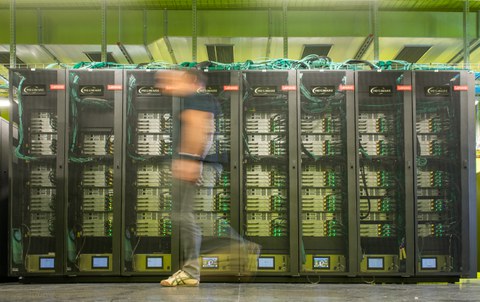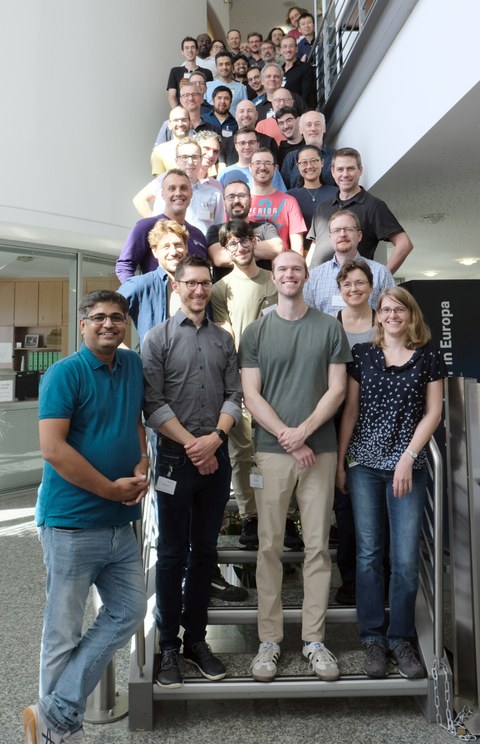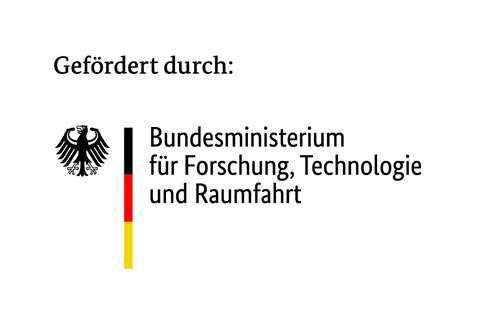Nov 14, 2025
EuroHPC Project SEANERGYS: Energy Efficiency in Next-Generation Supercomputing

Capella-Cluster at the TUD datacenter
Software Solutions for Sustainable High-Performance Computing in Europe
With the European EuroHPC project SEANERGYS ("Software for Efficient and Energy-Aware Supercomputers"), Europe is advancing the development of energy-efficient supercomputing technologies. Funded by the EuroHPC Joint Undertaking (EuroHPC JU), the project aims to develop a new generation of software that significantly reduces the energy consumption of European supercomputers.
As HPC systems provide increasingly more computing power on the path to the exascale range, their energy requirements also rise considerably. SEANERGYS addresses this challenge by developing advanced tools for real-time monitoring, intelligent control, and AI-based optimization of HPC operations and resource utilization. Thus, the project makes an important contribution to Europe's digital and green transformation.
ZIH Contributing Expertise in Monitoring and Software Development
The CIDS-Department ZIH – for Information Services and High-Performance Computing at TU Dresden has been part of the European consortium since October 2025, contributing its long-standing experience in energy-efficient operation and monitoring of high-performance computers.
ZIH leads the work package for software development and quality assurance and is significantly involved in developing the core components CMI (Comprehensive Monitoring Infrastructure) and AIDAS (AI-based Data Analytics System). These modules form the foundation of a software system that optimizes energy consumption and resource utilization in real-time and will be deployed at the participating HPC centers.
European Collaboration
“SEANERGYS will help reduce energy waste and operating costs and at the same time contribute to maximise the scientific and industrial benefits for Europe’s investments in HPC and AI infrastructures,” states a communication from Forschungszentrum Jülich about the joint initiative.
The project, coordinated by Forschungszentrum Jülich, brings together 16 partners from across Europe. It is funded with approximately 32.9 million euros, split equally between the EuroHPC Joint Undertaking and the participating national funding organizations – in Germany through the BMFTR.

Project team at a Workshop 2025


